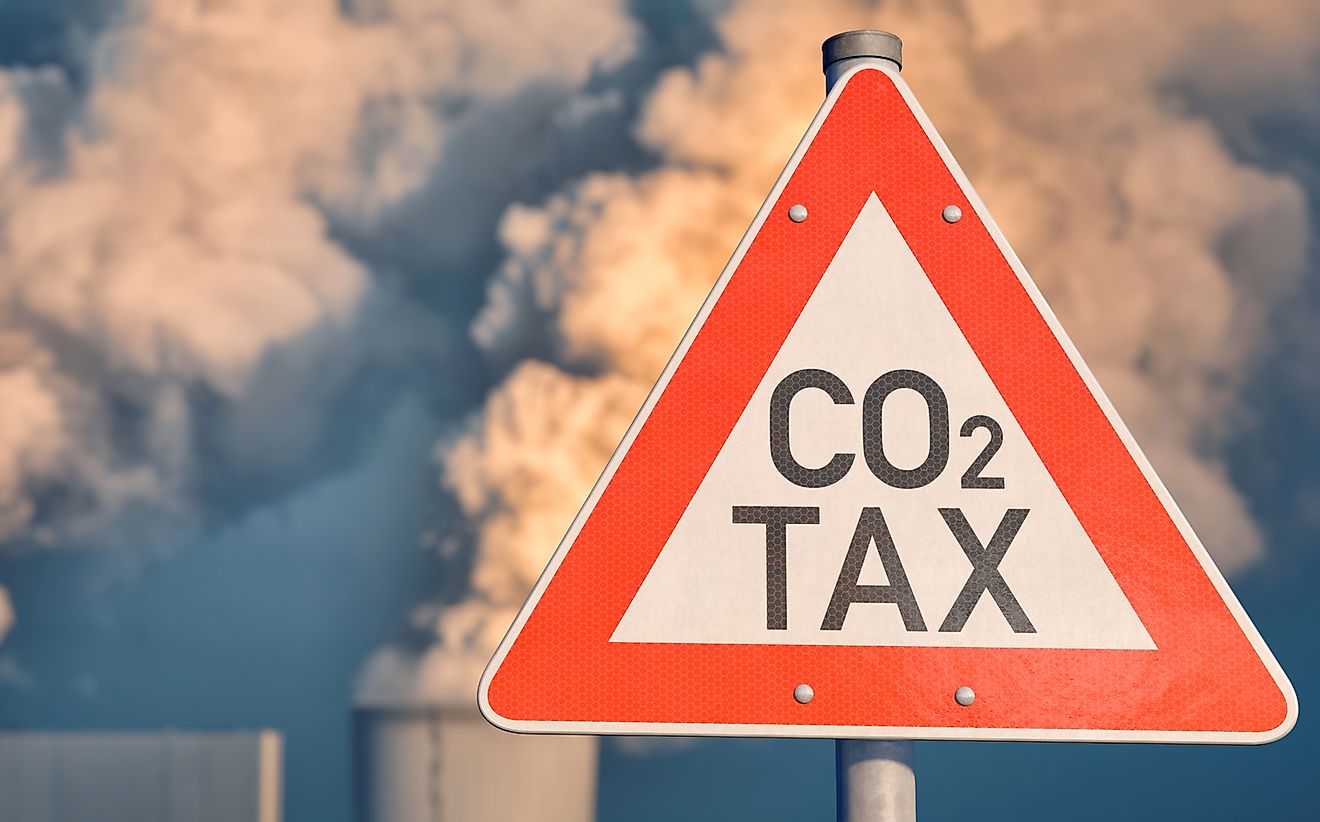Economists' Main Arguments For and Against Carbon Taxation

Carbon taxes are taxes imposed on companies burning fossil fuels like coal, natural gases, gasoline, and oil, by their respective governments in the form of carbon pricing. When these fuels are burned, they tend to produce GHG (greenhouse gases) like methane and carbon dioxide, which create global warming. Economists argue that this tax is the most effective and efficient way of controlling climate change with the least effect of a country’s economy.
Arguments for Carbon Taxing
- The taxes will help reduce carbon emissions in two ways. First, the tax will increase the cost of electricity and gasoline; therefore, consumers will become energy-efficient, lowering carbon emission.
- Increasing the price of carbon-based fuels will force firms to start using clean energy like hydro-powered sources, wind energy, and solar energy. Carbon taxation is supported by various oil companies, including Shell and ExxonMobil.
- Carbon taxes can also boost a country’s economy. Sweden’s carbon taxes have lowered GHG emissions by 23% in the last 25 years, and during the same time, their economy has improved by 55%. The revenue can be reimbursed to federal agencies that deal with the effects of climatic changes like the U.S. Forest Service and the National Flood-Insurance plans.
Arguments Against Carbon Taxation
- Carbon pricing is regressive. An increase in the cost of fossil fuels will impose a harsh burden on low-income earners.
- The low-income earners will end up paying a substantial percentage of their income for necessities like food, electricity, and gasoline. Many people cannot afford to purchase electric cars; therefore, the cost of fossil fuels must be increased gradually.
- Knowing that the price of gasoline will always be increasing will make people shift to electric cars.
- The high carbon taxes will force many companies, which do not support these policies, to move their business to nations with no carbon tax. Carbon taxing will also encourage tax evasion, with some firms opting to pollute the environment in secret.
- Carbon pricing will also introduce other administration costs in tax collection and measuring pollution.